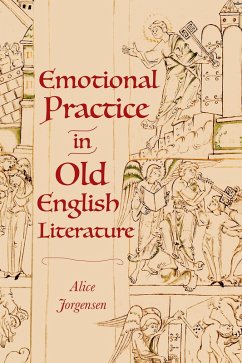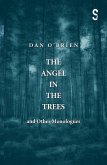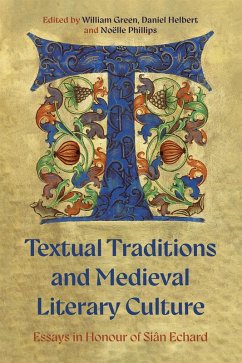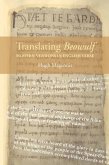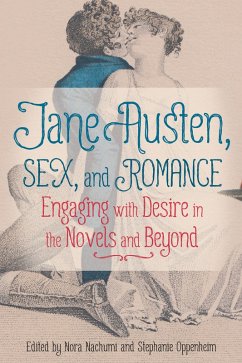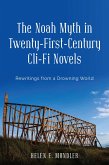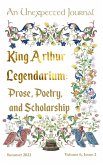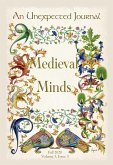An examination of how emotions were practised and performed through Old English texts.
Scholarship is increasingly interested in investigating concepts of emotion found in Old English literature. This study takes the next step, arguing that both heroic and religious texts were vehicles for emotional practice - that is, for doing things with emotion.
Using case studies from heroic poetry (Beowulf, The Battle of Brunanburh and The Battle of Maldon), religious poetry (Christ I and Christ III) and homilies (selections from the Vercelli Book, Blickling Homilies and the works of Wulfstan), it shows via detailed close readings that texts could be used to act out emotional styles, manage the emotions arising from specific events, and negotiate relationships both within social groups and with God. Meanwhile, a chapter on the Old English Boethius explores how the control of unruly emotions is theorized as the transfer of attachment from the things of this world to the things of the divine.
Overall, the volume offers new angles on the social functions of genres and questions of reception and performance; and it gives insight into how early medieval people used emotions to relate to their world, temporal and eternal.
Scholarship is increasingly interested in investigating concepts of emotion found in Old English literature. This study takes the next step, arguing that both heroic and religious texts were vehicles for emotional practice - that is, for doing things with emotion.
Using case studies from heroic poetry (Beowulf, The Battle of Brunanburh and The Battle of Maldon), religious poetry (Christ I and Christ III) and homilies (selections from the Vercelli Book, Blickling Homilies and the works of Wulfstan), it shows via detailed close readings that texts could be used to act out emotional styles, manage the emotions arising from specific events, and negotiate relationships both within social groups and with God. Meanwhile, a chapter on the Old English Boethius explores how the control of unruly emotions is theorized as the transfer of attachment from the things of this world to the things of the divine.
Overall, the volume offers new angles on the social functions of genres and questions of reception and performance; and it gives insight into how early medieval people used emotions to relate to their world, temporal and eternal.
Dieser Download kann aus rechtlichen Gründen nur mit Rechnungsadresse in A, D ausgeliefert werden.

